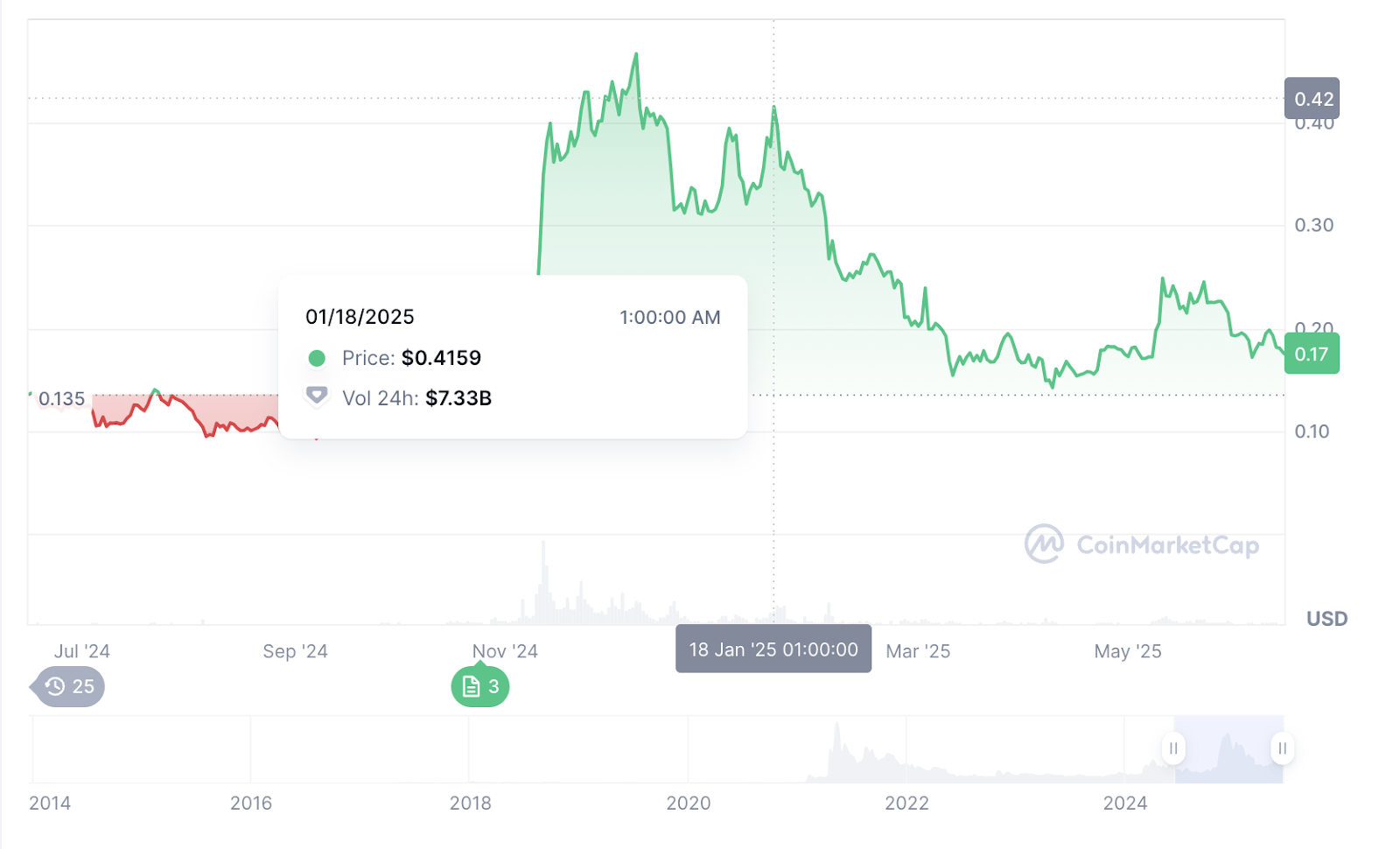The year ahead promises to keep organizations on their toes as continued economic uncertainty, public layoffs at major enterprises, RTO mandates and the increasing use of generative AI continue to disrupt the workplace. The ongoing complexity of work will make it harder for talent management leaders not only to motivate but retain their best talent.
While employee expectations and desires continue to shift, leading organizations are embracing the head of talent management role, a leader who is responsible for ensuring their organization is equipped to build the workforce of the future.
Here are the four most critical trends heads of talent management must address now:
HR leaders are grappling with a shaky employee-employer relationship. Anxiety, misalignment and mounting tension between organizations and their workforces are negatively affecting several key dimensions of how work gets done.
- The fight for flexibility: While return-to-office mandates are becoming more popular, employees often choose not to comply as they still value flexibility above all else. According to a Gartner survey of over 1,200 job candidates conducted in October, 56% of candidates chose greater flexibility in when or where they work as a key driver in choosing a job.
- Disconnect on employee productivity: There is a mismatch between employers and employees regarding productivity right now. Organizations perceive current levels of employee productivity as low, contributing to their desire to push employees back into the office, whereas employees are experiencing high levels of burnout and feel their productivity levels are too much to sustain long-term.
- Pervasive sense of mistrust: Today, only about half of employees trust their organizations and the feeling is mutual—roughly 60% of HR leaders indicate that their organizations trust their employees—according to an August Gartner survey of 3,540 employees and 287 HR leaders.
HR leaders must take the lead in reinvigorating trust and engagement with employees.
Persistent skills shortage
With rapid improvements in technology and constantly changing business priorities, the skills required to meet organizational needs are continuously evolving. Shifting skills coupled with multiple years of high turnover rates have made it increasingly difficult for organizations to deliver on key business objectives. As a result, many heads of talent management are considering a shift to skills-based talent management, which allows for greater flexibility in how talent is deployed and prevents critical skills from getting trapped in one area of the business.
Skills-based models focus not on the role as the dominant way to manage talent but instead on skills proficiency. In this type of model, HR encourages line leaders to rethink how they staff projects or backfill positions by focusing on the skills needed to complete critical tasks rather than simply an employee’s current title. A skills-based model can also help recruiters expand their target talent pools by focusing explicitly on skills proficiency rather than traditional qualifications like degrees.
Transformative technology innovation
As HR functions increase their investments in generative AI in 2024, talent management processes will become the sandbox for this experimentation. These technologies—whether built in-house or provided by a vendor—will attach to human capital management platforms, and talent management leaders today will need to be at the forefront of assessing their ROI on improving employee experience and efficiency.
Some organizations are exploring the use of large language models such as ChatGPT to automate tasks such as creating job postings or drafting performance reviews. Before doing so, it’s key to determine the potential use cases for this technology, identify the risks and set guardrails accordingly.
Learn how HR is leveraging emerging technology to drive people strategy at HRE’s upcoming HR Tech Europe, May 2-3 in Amsterdam. Click here to register.
It’s important for HR leaders specifically to be involved in setting these guardrails. Right now, HR’s involvement remains limited, with only 22% of HR leaders reporting they are highly engaged in enterprise-wide discussions on generative AI, according to a June Gartner survey of over 150 HR leaders. This year offers the opportunity for HR leaders to contribute more proactively to this conversation.
Pressure for operational efficiency
Finally, HR leaders are under ongoing pressure to achieve operational efficiency. What began in early 2023 in response to economic uncertainty and inflation has sustained and will remain a prominent focus in 2024. This will have several implications for talent management leaders, including:
- Increased pressure to justify the value of talent management initiatives: As organizations continue to present a focus on operational efficiency to shareholders and investors, talent management leaders will need to work harder to show the ROI of their talent investments. The best way to drive transparency is to co-create success measures with line leaders.
- A continued focus on workforce productivity: Right now, CFOs are rating improving workforce productivity as one of their biggest opportunities for driving profitable growth. With that in mind, HR will need to be ready to show the impact of their investments on productivity.
- Deliver on goals without a “buy” hiring strategy: A November Gartner survey found that 73% of HR leaders anticipate slowing or fully freezing hiring in the next three months. Heads of talent management must be prepared to deliver on their goals and strategies with their existing talent stack. This will place added importance on retaining critical talent and effective upskilling to deliver the talent and skills required to realize organizational strategy.
Looking ahead
As the head of talent management becomes a more visible and prevalent role, it will increasingly become more complex, with increased pressure to ensure their organization is equipped to build the workforce of the future. These four trends should be top priorities for all heads of talent management in 2024.
Credit: Source link











